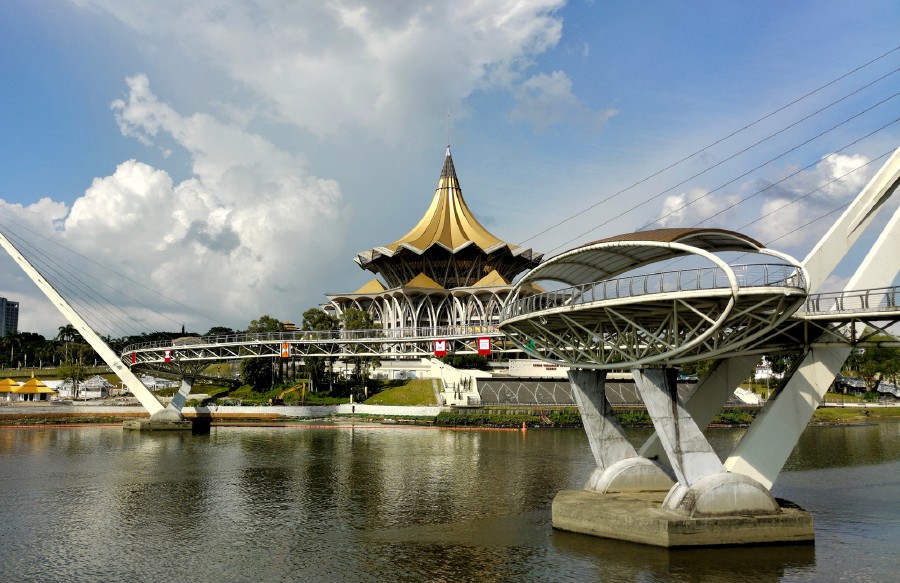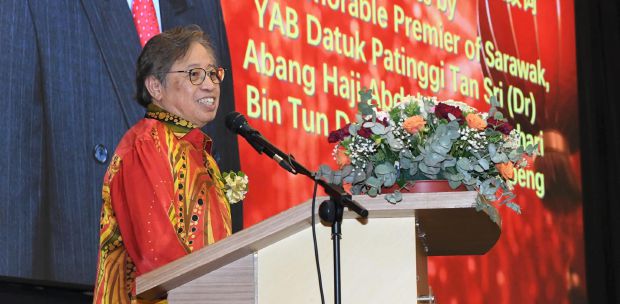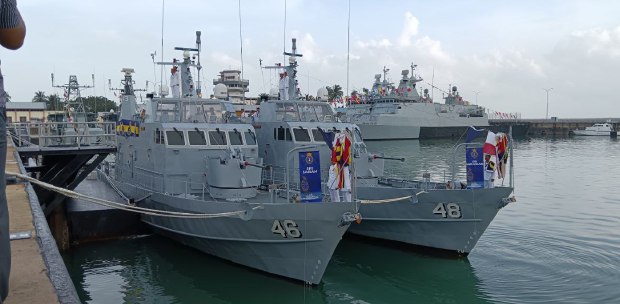Sarawak has achieved something that is sorely missed from our public discourse lately: political unanimity between the ruling and opposition parties that extending the Emergency in the state was the right thing to do.
Almost all political figures of consequence in the state agreed that the extension of the Emergency for Sarawak is the right decision. Had it not been extended until February next year, the current Sarawak assembly (whose term officially ran out in early June) will have to be dissolved and, as constitutionally mandated, a new state election will have to be called within 60 days.
What practically everyone dreads is that if a state election were to be held in the next few months, while the Covid-19 daily case count in the state shows no signs of going on a downtrend, a public health disaster of the scale Sabah experienced after its election may occur.
However, there is a peculiarity pertinent only to Sarawak currently. If Parliament sat even during an Emergency, should the Sarawak assembly not convene between now and next February, particularly in November when the annual state budget is traditionally presented?
As assemblyman See Chee How pointed out, there is an anomaly in that the proclamation of Emergency does not state whether its June expiry is also suspended. Unless clarified, the validity of any assembly sitting before February may be questionable.
The bright spot amid the political uncertainty is that Sarawak's vaccination rollout is on course to herd immunity by the end of this month.
When that happens, perhaps the Emergency will be shortened and a state election can be called before year end. This will void the question of whether the state will enter 2022 without a new legislatively approved budget.
The pandemic and its far-reaching effects are seeping into every facet of our lives and being. Nothing seems to be right and normal any longer. The usual rule book on almost anything needs to be re-written or even re-invented.
It has become a cliché but still bears repeating that under such unusual circumstances, we need all hands on deck to tackle the multi-headed monster the Covid-19 virus has morphed into. Nobody can claim to have superior smarts in addressing something none of us has experienced in our lifetime, least of all, opposing camps of politicians.
Even advanced countries such as Australia have endured weeks of lockdowns without much noticeable breaks in the virus, particularly the highly infectious new variants, taking hold. We at least have the enviable record of our national immunisation drive moving apace fairly briskly towards its desired end-goal.
True, there is much suffering and distress among Malaysians in the wake of the havoc the pandemic has wreaked. The economy is disrupted as global supply chains, of which Malaysia is a significant cog, buckle. And our national government, if not exactly overwhelmed as many less fortunate countries are saddled with, is — in the words of Prime Minister Tan Sri Muhyiddin Yassin— not perfect.
Equally true, no national crisis should be wasted. There are reforms that economic and other experts have long advocated we should be ushering in.
Sometimes, these can be so difficult to initiate politically that a crisis as momentous as the pandemic may be what we need to goad us down that path.
Our national politics is in a flux, no thanks to what hit us just prior to the pandemic, in 2018. That will naturally take its time to arrive at a new, hopefully stable, equilibrium.
In the meantime, let us all take to heart the little bright spot that Sarawak seems to be offering: political camps reaching some level of consensus on the most important tasks at hand and taking things forward from there.
Also, staying focused on a key pre-requisite that will liberate us from any pandemic-induced logjam— vaccinating as many people as we can, as soon as possible.
The writer views developments in the nation, region and wider world from his vantage point in Kuching, Sarawak






